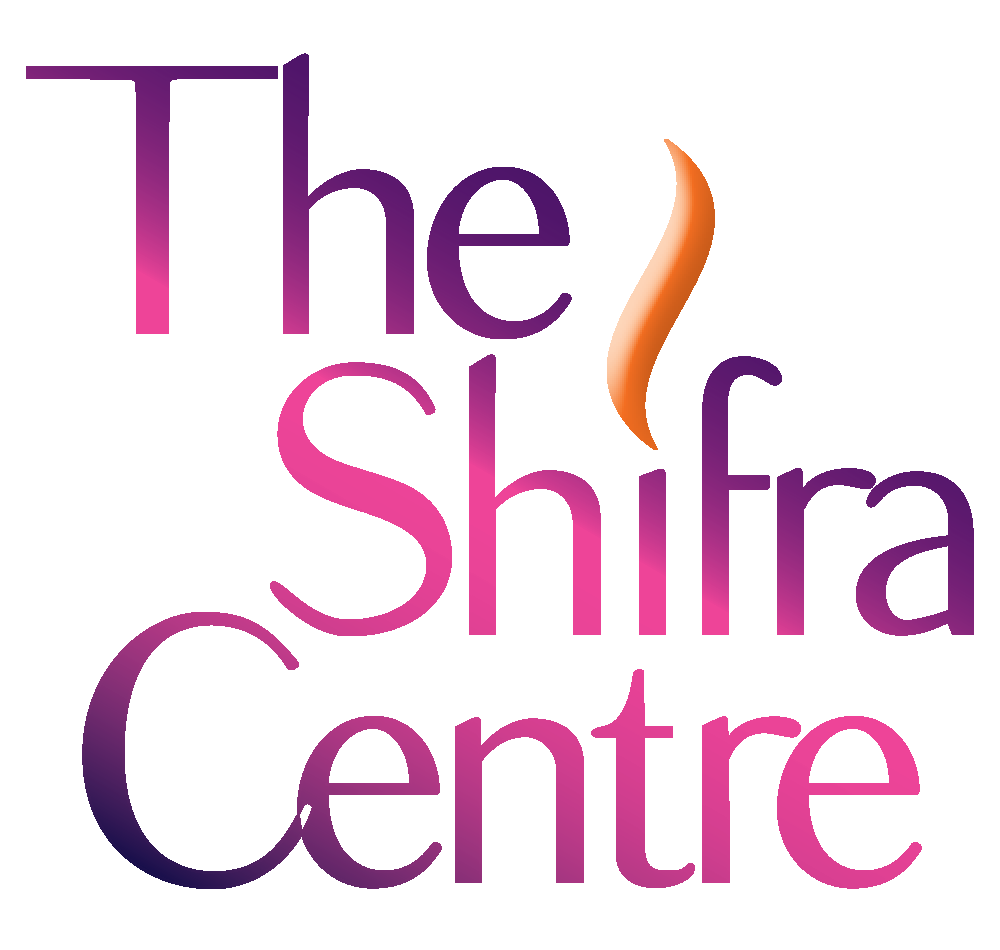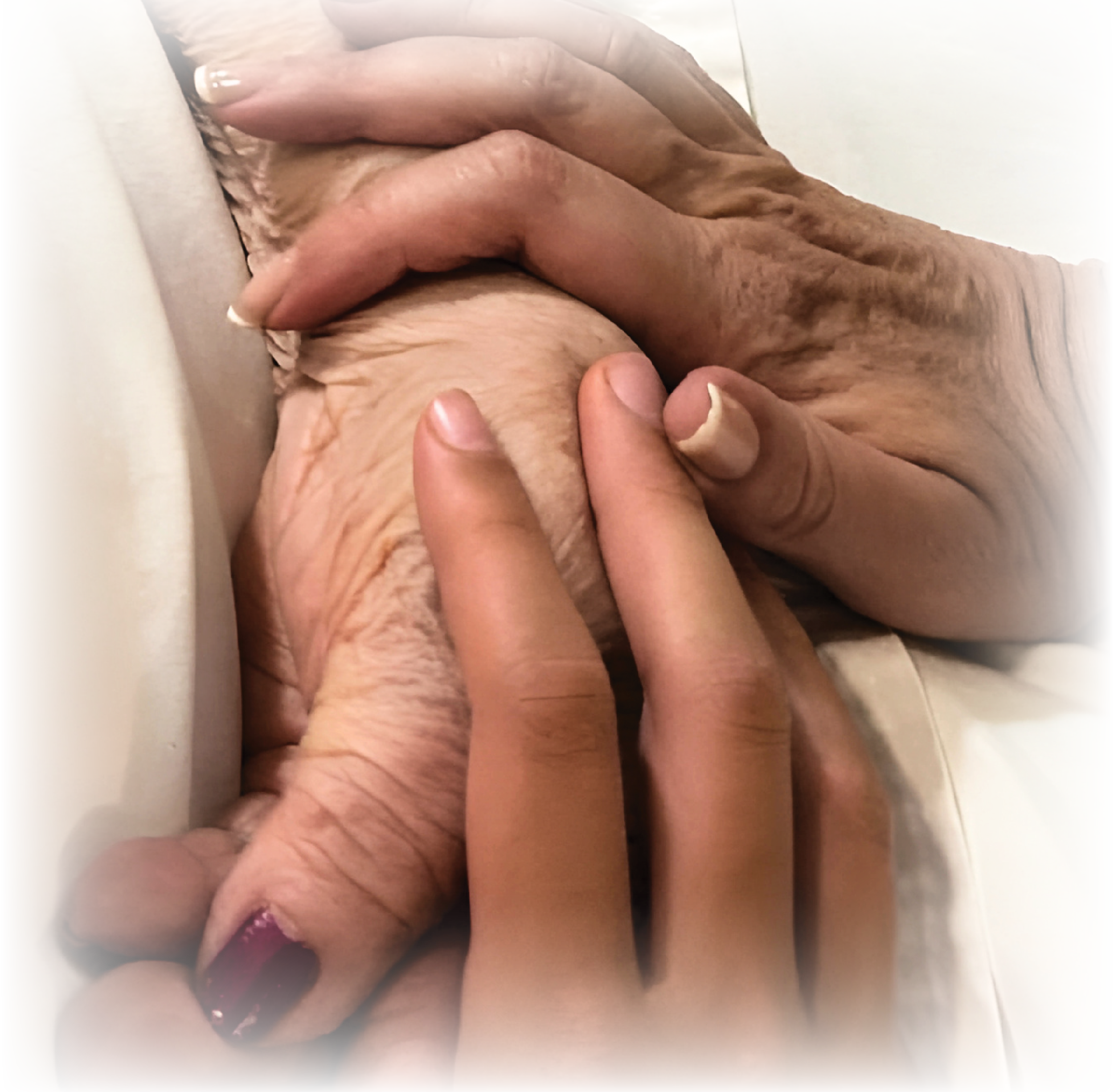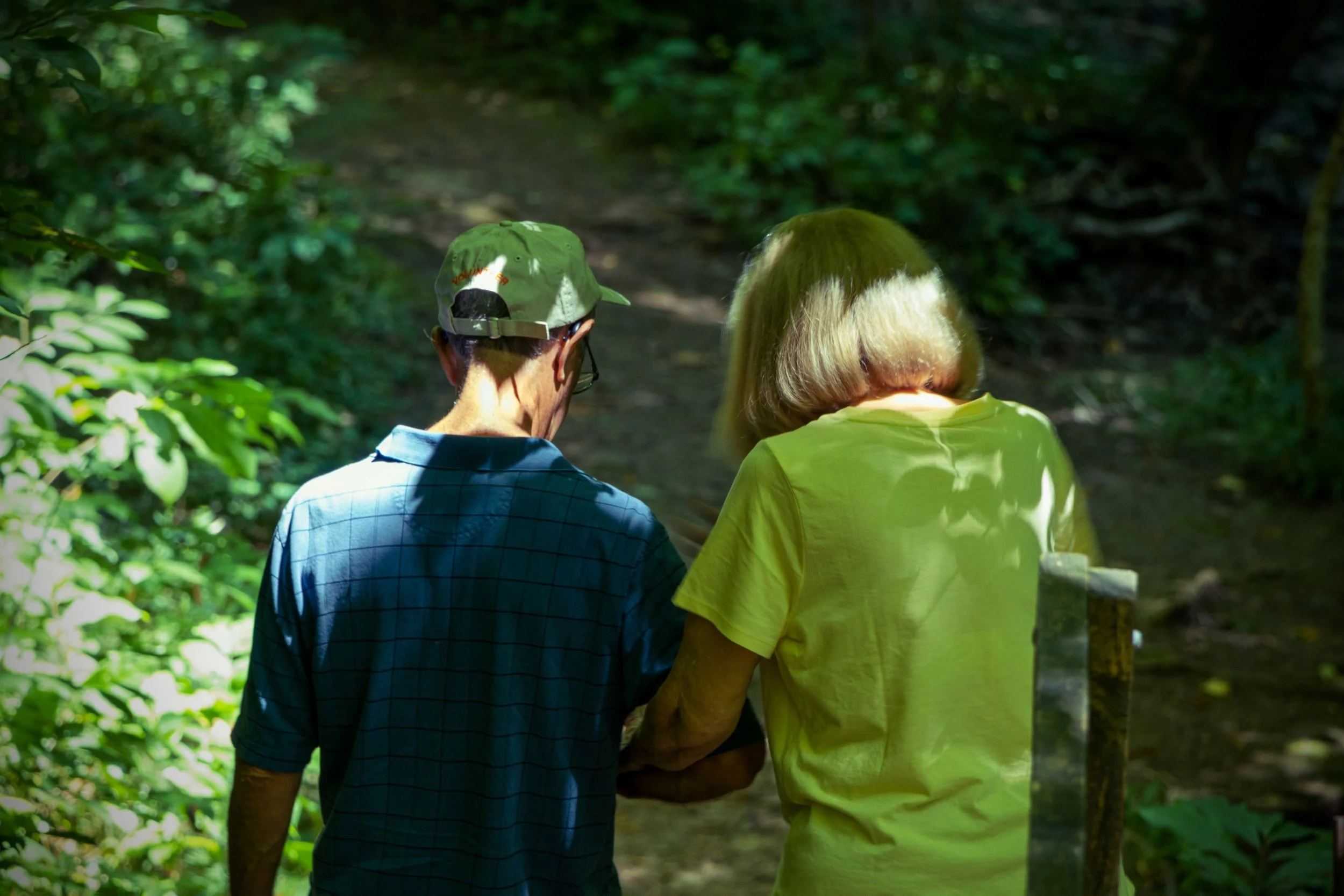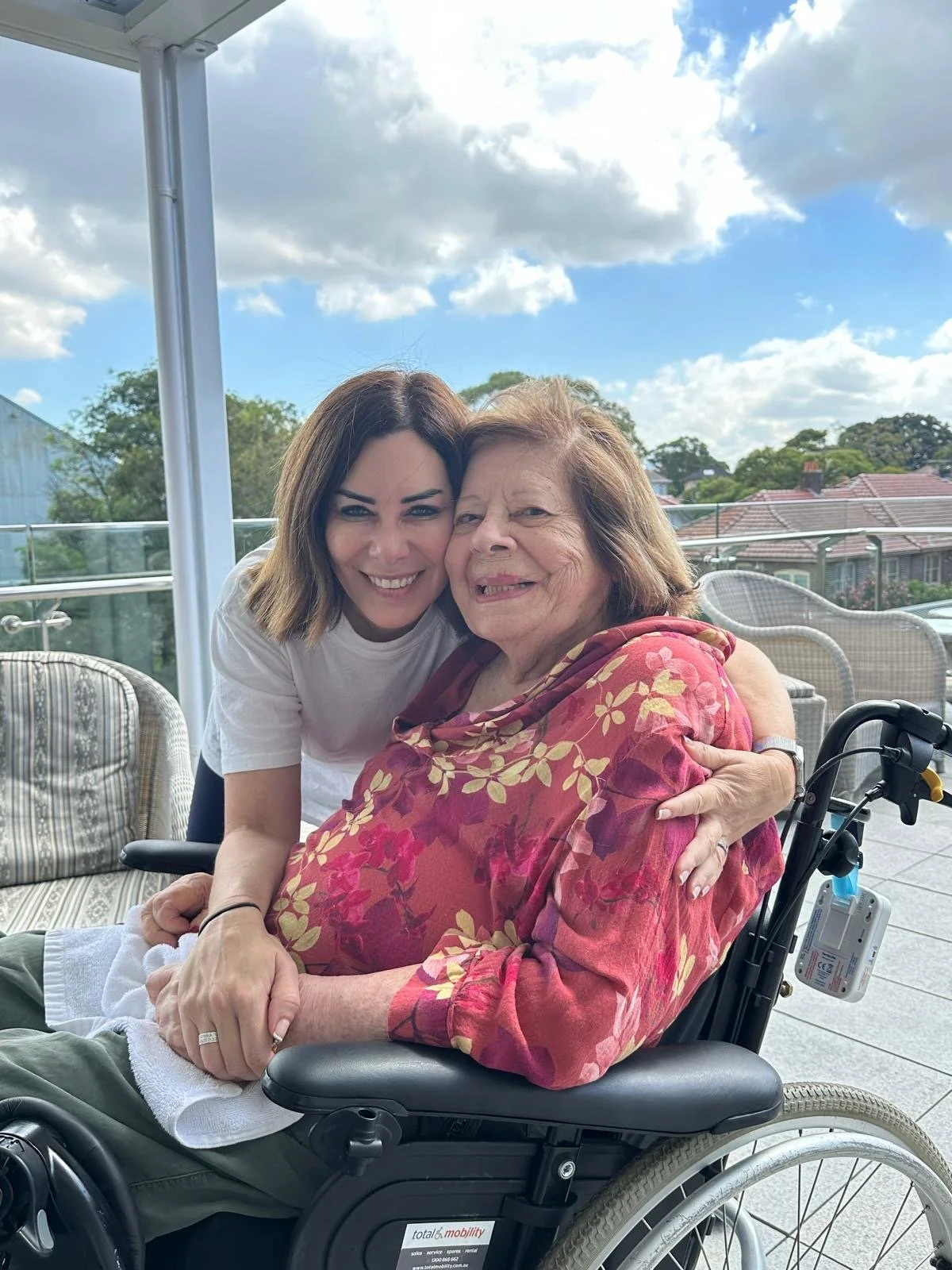In the wake of this week’s tragic events in Bondi, if you, or anyone you know needs support, please reach out to us for free support.
For trauma counselling, call the 3 numbers:
Jewish Care 1300 133 660
Jewish House (02) 9386 0770
After Hours 1300 544 357
For bereavement support call Shifra at 1800 660 122 or get in touch via our website contact form here.

“The way we regard death is critical to the way we experience life. When your fear of death changes, the way you live your life changes.”
WALKING EACH OTHER HOME
RAM DASS
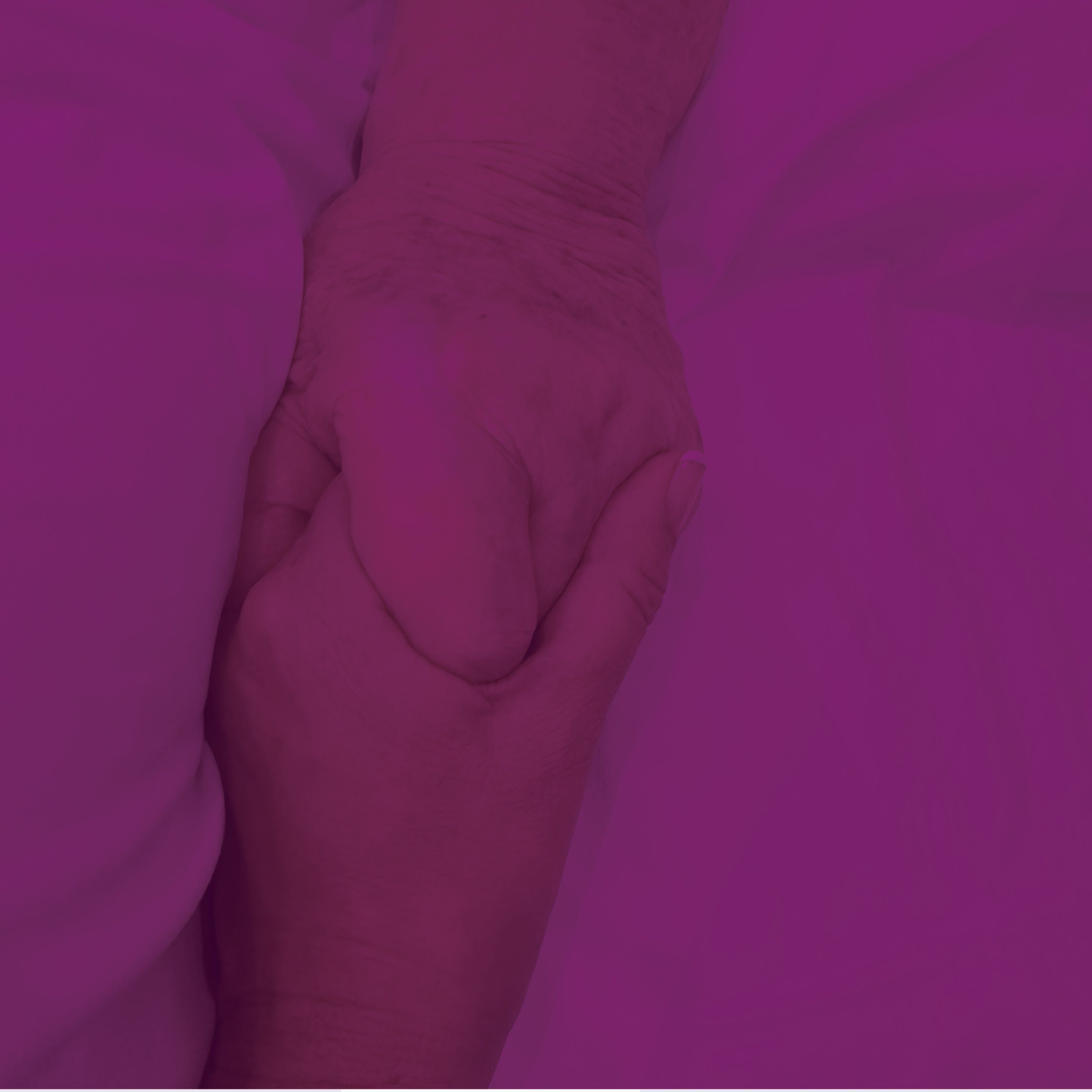

Our Vision and Mission
We are a charity aimed at minimising the distress and suffering surrounding the dying process, both for the person dying and for their loved ones.
Our mission is to ensure that every individual and family has access to the support and guidance needed to experience life’s final stage as a sacred and meaningful transition, regardless of financial circumstance.
We offer services for all stages of the dying process:
For those living well, who want to get organised
For those facing a terminal diagnosis
For those in old age to plan while they have cognitive capacity
For families whose loved one is near the end and no longer has the cognitive capacity
Our Values
Dignity for the dying
Everyone should have
the opportunity to die with
as much dignity as possible
Peaceful dying
Pain and distress
should be well managed
Acceptance of death
Helping the dying and family to come to terms with death
Leave nothing “unsaid”
Incorporating a spiritual understanding
As per personal preferences a spiritual element has been shown to ease distress for the person dying and the family

BEFORE DEATH | ANTICIPATING THE LOSS
How can Shifra Centre help?
-
Our team of lawyers can help with preparing your:
Will
Advanced care directive
Enduring power of attorney
Enduring guardianship
Superannuation
Estate planning
Organ donation
A file with all the relevant information for your spouse/children to be able to manage in the event of your death
For the terminally ill or elderly:
-
Our team of psychologists can help you:
Process your emotions around dying
Develop strategies to manage anxiety
Work through personal conflicts, regrets, hopes, legacy
Create a death plan: E.g. quality over quantity
For the family or support people:
-
Understand how to fulfil your loved one’s wishes
How to hold important conversations, resolve conflicts and allow for emotions
Understand the general process of dying (common end of life symptoms)
-
Our team can help you:
Set up your house/room to support your loved one during this time
Find appropriate allied health professionals who understand the end of life process (E.g.physio, nutritionist)
Connect you with a “death doula” and palliative care team
-
We will help find you a suitable Rabbi if you don’t already have one
We can provide you with alternative spiritual practitioners according to your preferences

AFTER DEATH | GRIEVING THE LOSS
How can Shifra Centre help?
-
Our team of lawyers can help with preparing your:
Estate administration
Dealing with the probate process
Intestate succession (for persons who die without a will)
Debt settlement
Will disputes
Tax matters
Psychological Care
-
Our team of psychologists can help you:
Processing emotions and moving toward acceptance of the loss
Developing coping strategies, finding new purpose and meaning in the face of loss
Addressing trauma (for those who experience a sudden or traumatic loss)
Age appropriate interventions for children and adolescents
For those suffering from prolonged grief, novel treatments will be available
Physical Care
-
Helping with meals for the mourners
Funeral or memorial planning / liason with Chevra Kadisha
Clearing of personal effects (where possible donate or sell items that hold no sentimental value)
Assistance with notifying institutions, like ATO, banks etc
Spiritual Care
The Jewish laws of mourning, known as, Avelut, provide families with a framework to guide us through the grieving process. The Shifra Centre will connect you with a suitable Rabbi to help guide you through the following 4 important milestones:
-
Aninut
The period between death and burial focuses on the practical arrangements. If there are no family members to assist, the Shifra centre will help with arranging the funeral.
Shiva
The first 7 days after the funeral are marked by intense mourning. Mourners stay home, sit on low chairs, and refrain from regular activities.The Shifra centre can help arrange meals for the mourners and offer support during this week
Shloshim
During the first 30 days, the mourners begin to return to their regular activities, while still observing some restrictions. In the case of children losing a parent, these restrictions last for a year. Your Rabbi will help explain these restrictions.
Consecration/Unveiling
Often around the time of the deceased’s first yahrzeit (the anniversary of their death), your Rabbi and the Shifra centre can help you with the consecration or unveiling of a tombstone, known as a “habdalah”. This is another significant milestone that honours the deceased and commemorates their life.
There are two stonemasons that we recommend for creating your headstone/monument:
1) Binstock & Sons
www.binstock.com.au
2) Menucha Monuments
www.mmonuments.com.au
A Personal Story
When it comes to being with our loved ones during the dying process, we are often completely unprepared. Not only are we struggling to manage our own fears and pain, but most of us don’t know what to say, how to say it, or how best to support our loved ones during their incredibly important and precious final days.
When my mother began to decline, despite being a qualified clinical psychologist - I felt like I’d never received any training for how to be with someone at their end stage of life. I decided to enrol in a “death doula” training course. Having some prior knowledge changed everything for me. I felt so much more able to deal with a number of important aspects of her care, such as how to advocate for her pain medication, and how to make sense of her increased drowsiness and reduced appetite. But mostly - I learned how to be with her. Since I understood that hearing is the last of the five senses to go, I filled her room with her favourite classical and opera pieces. I lay beside her — bringing comfort through touch, something often overlooked in end-of-life care.
I also understood that the dying often need permission in order to pass. So we gave her that. We reassured her that my father would be cared for, reminded her of the pride she could take in her grandchildren, and in the beautiful life she had built. I would whisper, “Your work here is done. You can take rest now.”
These are just a few examples that helped me witness and attend to her death. In retrospect, I realise that there were other areas I could have benefited from having more support and guidance, … and so the Shifra Centre was born … in loving memory of my precious mother.
